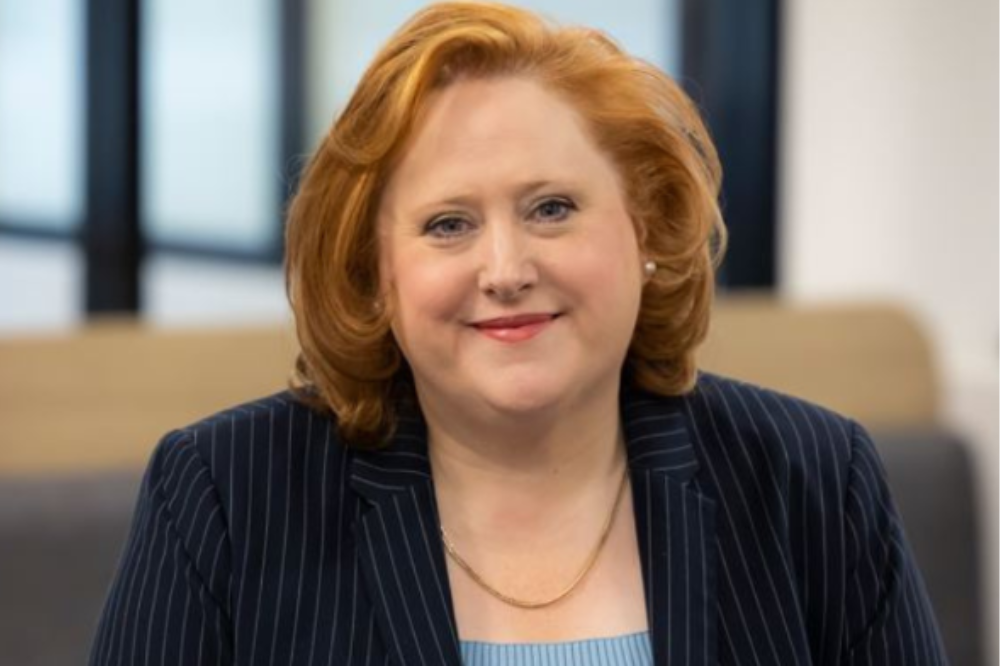
Over the last 100 years, girls’ education in Australia has experienced significant advancements. Campuses and classrooms have adapted to meet new technologies, and greater emphasis has been placed on student wellbeing, increased choice, and fostering a sense of belonging at school.
Despite remarkable developments, in some respects change to girls’ education has been glacial. A century on, there is still a pressing need for young women to use their voices in pursuit of equality.
This year, Strathcona Girls Grammar celebrates its centenary year, an occasion Principal Lorna Beegan says is an opportunity to reflect on the school’s rich history.
“Since Strathcona was founded in 1924, we have been a progressive school and unwavering in our commitment to inspire girls to believe women can be and do anything,” Beegan told The Educator.
“While our teaching methods and abilities have transformed and adapted, Strathcona’s ethos has remained largely the same. Our longstanding school values ‘bravely, faithfully, happily’ still ring true today.”
Another recent and notable evolution in girls’ education, says Beegan, has been an increased focus on student agency and co-construction.
“Today, our students have the benefit of greater choice to find their niche and seek out more individualised and personalised pathways,” she said.
“Strathcona has always been committed to academic excellence, but our definition of excellence has broadened as we’ve become more mindful of promoting and encouraging signature strengths and life skills like emotional intelligence, global competencies and social and civic responsibilities.”
Fostering a culture of ‘Wholebeing’
Beegan said Strathcona’s academic results continue to be outstanding, demonstrated by its students collectively achieving a five-year ATAR average of 91.6.
However, she said while this is to be celebrated, the school’s students “are infinitely more interesting than their ATAR scores”.
“Strathcona’s approach to consistently prioritising new opportunities, experiences, and pathways for our students is key to developing dynamic young women far beyond their academic abilities alone,” she said.
Beegan said this can be seen through Strathcona’s ‘Wholebeing’ program – a recently established holistic framework that promotes a tripartite relationship structure incorporating the concepts of ‘me, we and us.’
“This framework not only focuses on achieving high levels of wellbeing among our students, but also on significantly decreasing their illbeing and improving their resilience.”
Helping girls take control of their future
Looking ahead at girls’ education, Beegan said she is optimistic about teaching becoming more student-centred, where “students are empowered to co-design a more individualised learning approach that works best for them.”
“Women continue to face many complex challenges in our society and yet, the possibilities are endless and as a society we must help girls to value their capabilities and make decisions for the future,” she said.
“Having access to appropriate support, being able to explore in depth the topics they’re interested in, and to choose pathways beyond the mainstream is essential. When learning and a sense of belonging are wrapped in a framework that prioritises their whole being, girls will thrive – they will be unstoppable.”
Beegan said the outlook on girls’ education in Australia is “bright with greater emphasis set to be placed on diverse strength profiles and celebrating the fact that all girls are different and unique.”
“Strathcona Girls Grammar is 100 years old, and it has achieved great things but there is still much to do to educate girls and empower young women to ensure our society evolves in new and more progressive ways.”\


